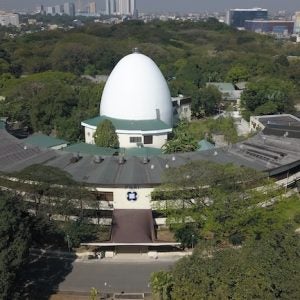A public-private consortium led by Japan’s Mitsubishi Heavy Industries (MHI) is set to abandon a Turkish nuclear plant project in the face of soaring costs, Japanese business daily Nikkei reported on 4 December.
The delayed project’s construction costs have almost doubled to around JPY5000bn ($44 billion) because of more stringent safety requirements following the 2011 Fukushima Daiichi accident and the recent fall in the Turkish Lira, the paper said.
The project was agreed by the Japanese and Turkish governments in 2013. A consortium led by Mitsubishi Heavy Industries had been conducting a feasibility study until March for the construction of a four-unit 4500MWe plant in the province of Sinop in Turkey’s Black Sea region.
Initial plans had works beginning in 2017, with unit 1 coming online in 2023. Some 30% of the project’s cost was expected to be covered by the consortium, with the remainder by loans from the Japan Bank for International Cooperation and other lenders. The consortium was supposed to be 51% owned by MHI, Itochu and French utility Engie, and 49% by others, including the Turkish Electricity Generation Corporation.
MHI had submitted revised cost estimates to the Turkish government in July, but no agreement could be reached on financing terms, of the price of the electricity generated by the plant.
Japan's Ministry of Economy, Trade and Industry and Japan’s nuclear plant builders have worked together to pursue nuclear projects overseas. However, following the Turkish cancellation, the only remaining overseas project will be the two unit Wylfa Newydd project planned by Hitachi in the UK. Talks are continuing with the UK government.






